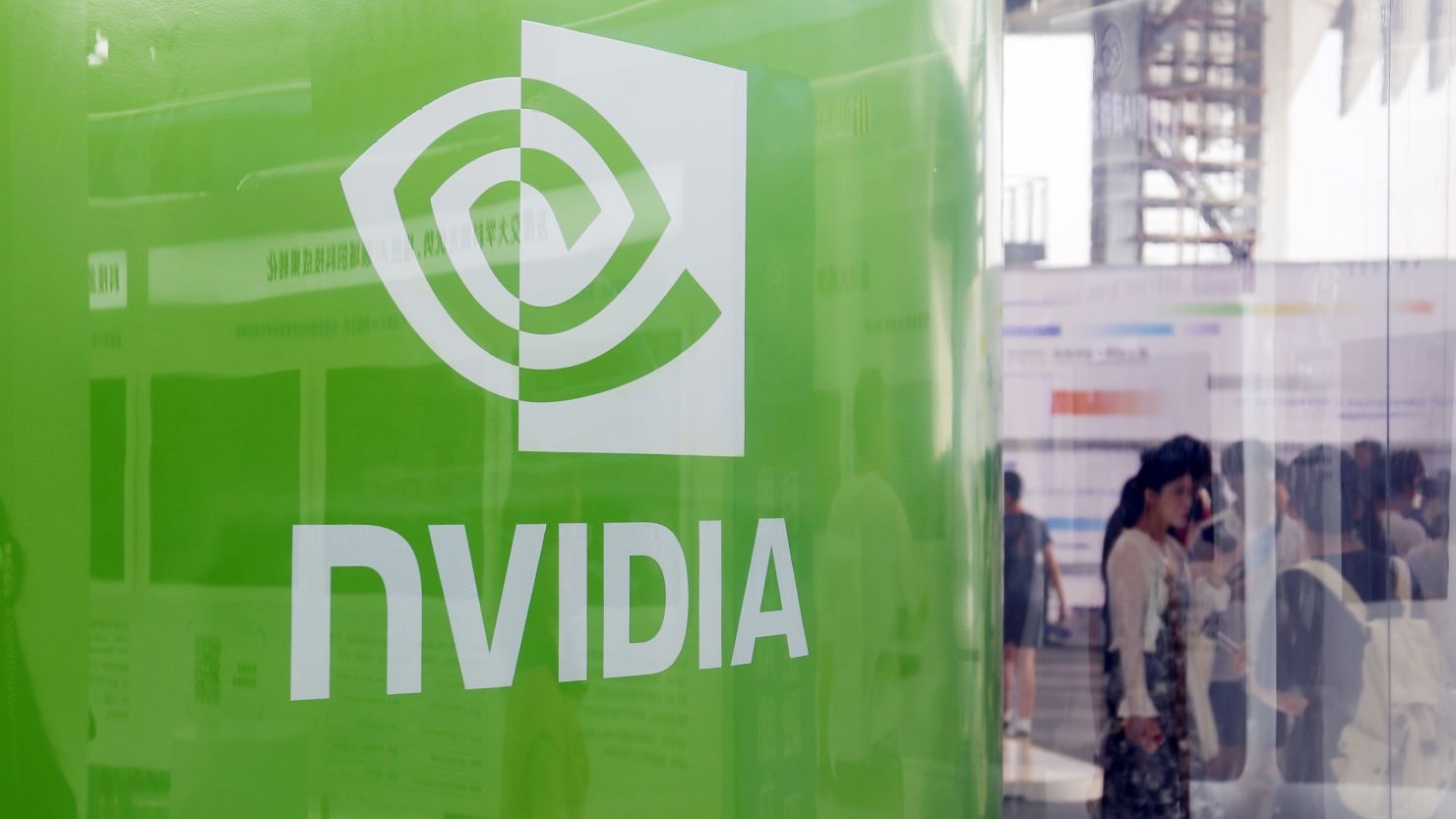Nvidia CEO Jensen Huang has praised China’s contributions to artificial intelligence (AI), calling its open-source AI innovations a “catalyst for global progress” and lauding their transformative effect on global supply chains.
Speaking at the opening ceremony of the China International Supply Chain Expo in Beijing on Wednesday, Huang emphasized the critical role China is playing in shaping the AI-driven future.
He spotlighted Chinese AI startup DeepSeek as a trailblazer, saying the firm is helping to “bring every nation and industry into the AI revolution.”
Huang’s remarks came just a day after Nvidia confirmed it would resume sales of its H20 AI chips to China.
The move follows a policy shift by the United States government, which has agreed to lift licensing restrictions that had previously blocked such exports.
“AI is transforming every industry, from scientific research and healthcare to transportation, logistics, and energy,” Huang said.
He also praised the pace of Chinese innovation, attributing it to the drive and ingenuity of its “researchers, developers, and entrepreneurs.”
Nvidia, based in California, is renowned for producing some of the world’s most advanced semiconductors.
However, it has faced increasing hurdles in the Chinese market due to U.S. government concerns that advanced AI chips could be used to strengthen China’s military capabilities.
As a result, Washington has restricted the export of Nvidia’s most powerful graphics processing units (GPUs) to Chinese clients.
To navigate these restrictions, Nvidia developed the H20 — a scaled-down version of its high-performance chips tailored to comply with U.S. export regulations.
That plan was stalled earlier this year when the Trump administration introduced tighter licensing requirements in April, effectively freezing shipments.
But in a breakthrough for the tech giant, Nvidia announced on Tuesday that the H20 chip will once again be available to Chinese clients.
“The U.S. government has assured Nvidia that licenses will be granted, and Nvidia hopes to begin deliveries soon,” the company said.
It added that it had resumed the application process to sell the H20 GPU in China.
According to Al Jazeera’s Katrina Yu, reporting from Beijing, the deal was made possible by a trade agreement involving rare earths.
“Huang says he’s now free to sell to the Chinese market thanks to negotiations with China on trade,” Yu explained.
“The Trump administration has confirmed that in exchange for rare earths, it will allow the chip to now be sold into China.”
Nvidia is also developing a new AI chip for China, dubbed the RTX Pro GPU, designed specifically to meet U.S. export requirements while still serving the needs of the Chinese tech market.
The news of resumed sales sent ripples through global financial markets, lifting tech stocks worldwide.
The Nasdaq Composite Index reached another record high, while tech firms in Hong Kong also saw a notable rally.
This renewed partnership comes at a pivotal time for China.
Its economy continues to face mounting pressure, with sluggish consumer spending and an ongoing crisis in the real estate sector dampening growth prospects.
Amid these challenges, President Xi Jinping has called for greater national self-reliance in key sectors, particularly technology.
China has framed the international supply chain expo as a platform to assert its importance in the global trade system.
With more than 650 companies from 60 countries participating, Beijing aimed to send a clear message: China remains indispensable to global logistics and technology.
“China is really presenting itself as a defender of free trade,” Yu said.
“This expo is designed to show that, contrary to the Trump administration’s narrative, China is not replaceable.”
Huang’s speech reinforced this message, positioning AI collaboration, especially with China, as essential for global progress.
As Nvidia becomes increasingly central to the AI ecosystem, now valued at over $4 trillion, its deepening ties with China suggest that technological cooperation remains possible, even in the midst of geopolitical friction.







